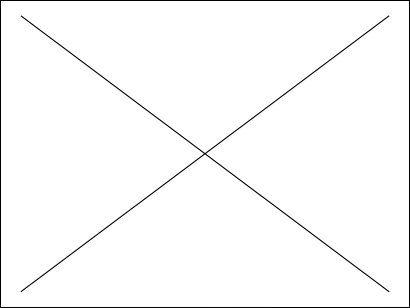Livre - Defining critical animal studies
160 NOC
Description
Livre
Peter Lang
Nocella Anthony J.
Sorenson John
Socha Kim
Matsuoka Atsuko
Presentation materielle : 1 vol. (xxxvi- 241 p.)
Dimensions : 23 cm
This is the first book to define the philosophical and practical parameters of critical animal studies (CAS). Rooted in anarchist perspectives that oppose all systems of domination and authoritarianism, CAS both challenges anthropocentrism and presents animal liberation as a social justice movement that intersects with other movements for positive change. Written by a collection of internationally respected scholar-activists, each chapter expands upon the theory and practice underlying the total liberation approach, the roles of academics and activists, and the ten principles of CAS. With apolitical animal studies and exploitative animal research dominating higher education, this book offers a timely counter-narrative that demands the liberation of all oppressed beings and the environment. Defining Critical Animal Studies will interest educators, students, activists, community members, and policy makers seeking accessible theory that can be put into action. Anthony J. Nocella II is Visiting Professor in the School of Education at Hamline University, Senior Fellow of the Dispute Resolution Institute at the Hamline Law School, and co-founder of the Institute for Critical Animal Studies. John Sorenson is Professor in the Department of Sociology at Brock University, where he teaches critical animal studies, as well as courses on globalization and on anti-racism. His books include Animal Rights, Ape, and Culture of Prejudice. Kim Socha is author of Women, Destruction, and the Avant-Garde: A Paradigm for Animal Liberation, co-editor of Confronting Animal Exploitation: Grassroots Essays on Liberation and Veganism, and Professor of English at Normandale Community College. Atsuko Matsuoka is Associate Professor at the School of Social Work at York University. She is co-author of Ghosts and Shadows: Constructions of Identity and Community in an African Diaspora and Critical Social Work and Analysing Practice through Deconstruction: Experiential Learning.
David Nibert, Foreword, p. ix Ronnie Lee, Preface, p. xiii Acknowledgments, p. xvii Anthony J. Nocella II/John Sorenson/Kim Socha/Atsuko Matsuoka: Introduction: The Emergence of Critical Animal Studies: The Rise of Intersectional Animal Liberation, p. xix PART I: INTERDEPENDENCY 1. Adam Weitzenfeld/Melanie Joy: An Overview of Anthropocentrism, Humanism, and Speciesism in Critical Animal Theory, p. 3 2. Amy J. Fitzgerald/David Pellow: Ecological Defense for Animal Liberation: A Holistic Understanding of the World, p. 28 Part II: Unity 3. Sarat Colling/Sean Parson/Alessandro Arrigoni: Until All Are Free: Total Liberation through Revolutionary Decolonization, Groundless Solidarity, and a Relationship Framework, p. 51 4. Stephanie Jenkins/Vasile Stănescu: One Struggle, p. 74 Part III: Critical Scholarship 5. Carol L. Glasser/Arpan Roy: The Ivory Trap: Bridging the Gap between Activism and the Academy, p. 89 6. Kim Socha/Les Mitchell: Critical Animal Studies as an Interdisciplinary Field: A Holistic Approach to Confronting Oppression, p. 110 Part IV: Radical Education 7. Lauren Corman/Tereza Vandrovcová: Radical Humility: Toward a More Holistic Critical Animal Studies Pedagogy, p. 135 8. Lara Drew/Nik Taylor: Engaged Activist Research: Challenging Apolitical Objectivity, p. 158 Part V: Taking It to the Streets 9. Jennifer Grubbs/Michael Loadenthal: From the Classroom to the Slaughterhouse: Animal Liberation by Any Means Necessary, p. 179 10. Richard J. White/Erika Cudworth: Taking it to the Streets: Challenging Systems of Domination from Below, p. 202 Karen Davis: Afterword: From Animal Oppression to Animal Liberation: A Historical Reflection and the Growth of Critical Animal Studies, p. 221 List of contributors, p. 229 Index, p. 237
Index
